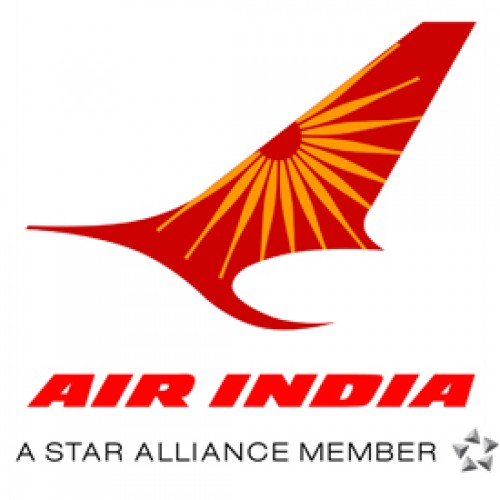RESTRICTIONS ON TOURISM TRAVEL STARTING TO EASE BUT CAUTION REMAINS: UNWTO
- 3% of all global destinations have now taken steps to ease travel restrictions.
The world is slowly opening up again, new research from the World Tourism Organization (UNWTO) indicates, with destinations cautiously easing travel restrictions introduced in response to COVID-19. According to UNWTO, the United Nations specialized agency for tourism, 3% of all global destinations have now taken steps to ease travel restrictions.
UNWTO has been monitoring the global response to COVID-19 since the start of the pandemic. The fourth edition of its COVID-19 Related Travel Restrictions: A Global Review for Tourism report, released recently, again looked at the measures of 217 destinations worldwide as of 18 May 2020. The research shows that 7 destinations have eased travel restrictions for international tourism purposes. At the same time, several more destinations are engaged in significant discussions about the re-opening of borders.
Caution Remains
The report notes that 100% of all destinations worldwide continue to have some form of COVID-19-related travel restrictions in place. Furthermore, as of 18 May, 75% continued to have their borders completely closed for international tourism. In 37% of all cases, travel restrictions have been in place for 10 weeks, while 24% of global destinations have had restrictions in place for 14 weeks or more.
UNWTO Secretary-General Zurab Pololikashvili said: “The timely and responsible easing of travel restrictions will help ensure the many social and economic benefits that tourism guarantees will return in a sustainable way. This will contribute to the livelihoods of many millions of people around the world. The sector is a driver of sustainable development and a pillar of economies. UNWTO stresses the need for vigilance, responsibility and international cooperation as the world slowly opens up again.”
UNWTO stresses the need for vigilance, responsibility and international cooperation as the world slowly opens up again
Mr Pololikashvili also welcomed the growing confidence in the global tourism sector, noting it stands ready to return to growth. While tourism has been the hardest hit of all the world’s major economic sectors, UNWTO has led a joint response and last week released its Global Guidelines to Reopen Tourism. These guidelines outline the steps governments and the private sector can take to accelerate recovery in the months ahead.
Tourism-Dependent States Locked Down
Looking into global travel restrictions more closely, the UNWTO research shows that, the more important tourism is to the economies of individual destinations, the more likely they are to have introduced complete border closures. In the case of SIDS destinations (Small Island Developing States), 85% continue to have their borders completely closed for tourism purposes.
All UNWTO regions have more than 65% of their destinations completely closed to tourism: Africa (74%), Americas (86%), Asia and the Pacific (67%), Europe (74%) and the Middle East (69%).
The COVID-19-Related Travel Restrictions report also breaks down the level and type of travel restrictions in place, including the prevalence of flight suspensions and measures including compulsory self-isolation and quarantine of tourist arrivals.
You might also like
Ashok Gajapathi Raju invites France to invest in India’s Aviation Sector
Union Minister of Civil Aviation, who led India’s delegation at the 51st International Air Show in Paris, met the Minister for Transport, Marine Affairs and Fisheries of France, Alain Vidalies.
Air India’s Bhubaneswar-Varanasi Flight Starts
Hindu holy city of Varanasi and temple town of Bhubaneswar are now connected by air with the long-awaited Air India flight between the two cities started on Sunday. According to
Success Story: India Strengthens Its Position as a Key Market for Sharjah
Sharjah’s tourism sector is entering a transformative phase in 2025, driven by strategic investments, international partnerships, and an enhanced focus on high-value markets. According to H.E. Khalid Jasim Al Midfa,






